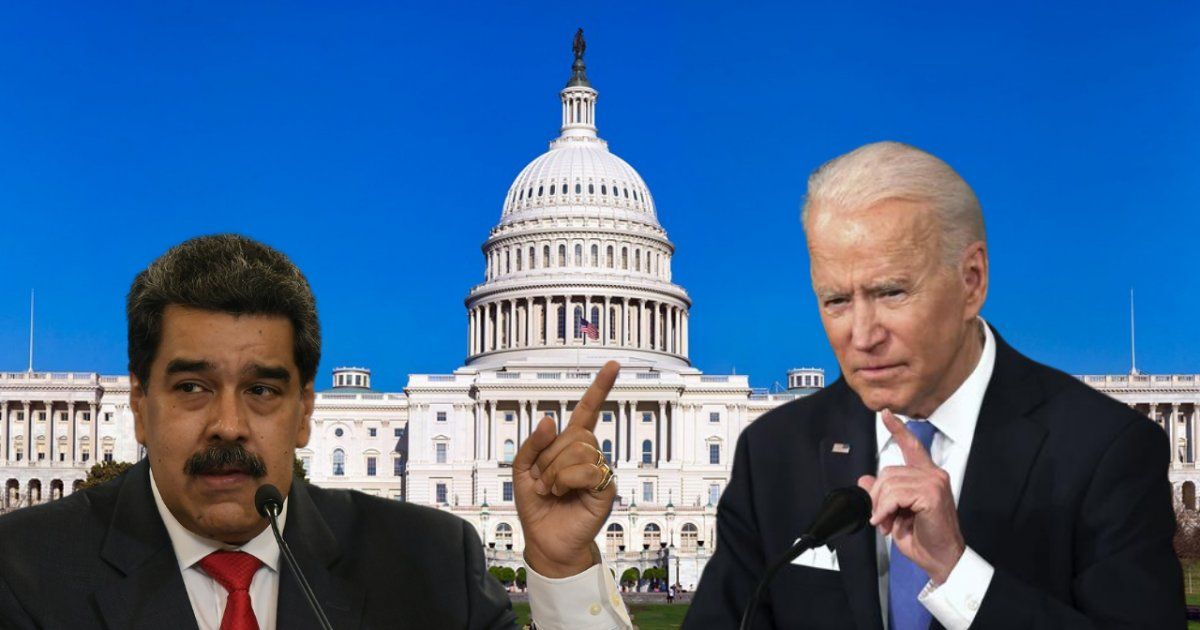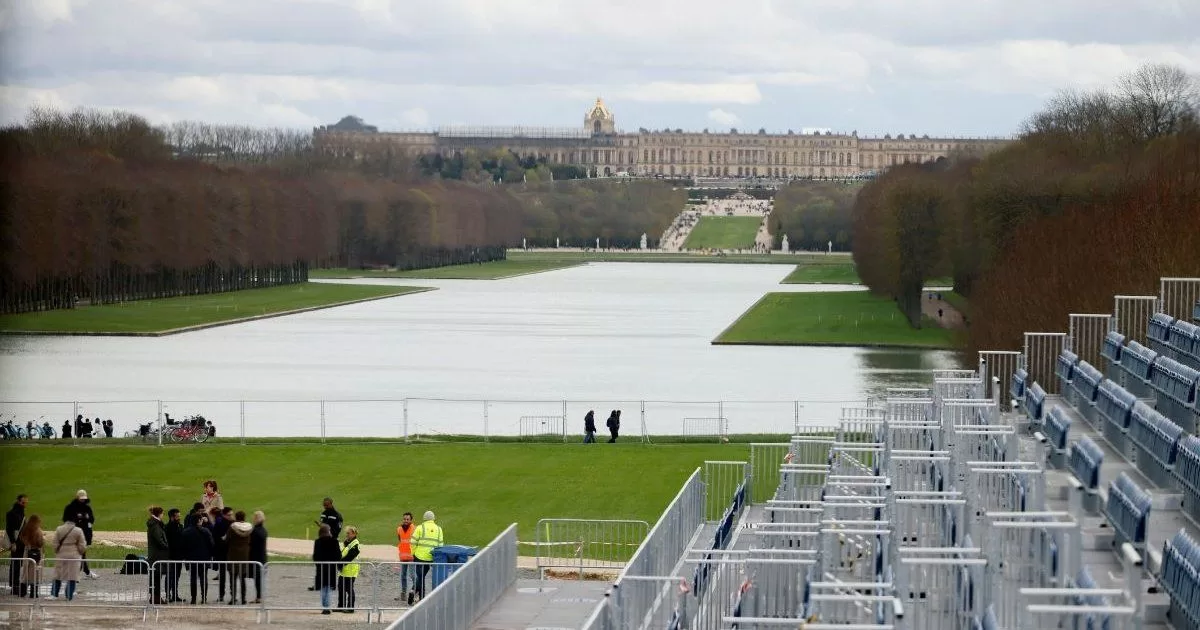CARACAS.- 1st of July Nicolas Maduro announced the resumption of dialogue with the US in a context prior to the presidential elections of July 28, which are shaping up to be the greatest electoral challenge for Chavismo in the 25 years it has been under the control of Venezuelawith polls favoring the opposition candidate by a wide margin Edmundo Gonzalez Urrutia.
Maduro, currently serving a second term, is seeking a third term to govern Venezuela until 2030.
According to the dictator, the resumption of talks was a proposal from the United States that he decided to accept after “thinking about it for two months.”
Venezuela and the US began negotiations at the end of last year in Qatar. During those talks, they agreed to a prisoner swap: Washington released Alex Saab, accused of being Maduro’s front man, while Maduro freed 28 prisoners, 10 Americans and 18 Venezuelans.
In parallel to these meetings, the regime and the opposition, represented by the Democratic Unitary Platform (PUD), met to agree on the conditions and date of the presidential elections, which were set out in the Barbados agreements, of which Norway was a guarantor.
In response to the regime’s commitments, the United States relaxed its oil embargo on Venezuela’s state oil company PDVSA; however, it reimposed the sanctions in April after the regime breached the agreement by disqualifying the main opposition leader and winner of the primaries, María Corina Machado, from running in the July 28 presidential elections.
Washington made lifting the punitive measures conditional on the release of all opponents, but Maduro considered the action a form of “tutelage.”
On July 3, two days after Maduro announced the resumption of dialogue, a virtual meeting was held between representatives of the two countries.
According to the Chavista delegation in a statement, at that meeting they agreed “working together to build trust and improve relationships” y “maintain communications in a respectful and constructive manner.” However, there were no further details about the meeting.
For its part, the US delegation made up of Daniel Eriksonnational advisor to President Joe Biden, and Francisco Palmierithe US chargé d’affaires for Venezuela in Colombia, stated that they came “in good faith” because they have always been willing to engage in dialogue.
But The fact that the opposition was not included in these contacts on the eve of the presidential elections raised doubts about the objective and the intentions of the dialogue, according to analysts, who interpret that the motivation for resuming the talks is geopolitical interests and not free elections that would allow a change of government in Venezuela.
“Dialogue with dictatorships is always a risk, but not dialogue can be worse… The fact is that the Castro-Chavista dictatorships and the Cuban dictatorship as the leader of the group open dialogue when they need oxygen and then do not fulfill anything. We have to wait for the results,” warned political scientist Carlos Sánchez Berzaín, director of the Interamerican Institute for Democracy.
As in the Qatar talks, This new edition of dialogue between Venezuela and the United States is tinged with opacity, which generates mistrust and speculation.
According to journalist Casto Ocando, Maduro is pulling strings in Washington to ensure US recognition of a fraudulent victory of his candidacy in the elections. Thus, Maduro and his regime are reportedly lobbying in the US capital with the help of large law firms.
According to Ocando, one of Maduro’s representatives is French lawyer David Syed, a member of the Washington-based firm Dentons Global Advisors. Syed has advised the Venezuelan regime since 2017 on debt restructuring issues. He is assisted from Caracas by Venezuelan Juan Carlos Pro-Risquez, a member of the board of the Venezuelan American Chamber of Commerce (Venamcham).
The Dentons firm has also advised PDVSA on international agreements, particularly with the extension of the contract with the Spanish company Repsol.
Likewise, large oil companies such as Chevron are also said to be promoting the interests of the Maduro regime through a group of advisors and lobbyists. Similar actions are being carried out by investment firms that represent bondholders of Venezuelan or PDVSA debt securities and that hope that Maduro will recognize the value of the bonds and the dividends that have not been paid.
Maduro’s goal is to condition the US’s reaction to a possible electoral fraud. Maduro would promise the US that after a victory in the elections, even if fraudulent, he would respect the agreements and his regime would be less repressive. He would also be offering to promote US interests in Venezuela.
Source: EDITORIAL / With information from AFP / AP


